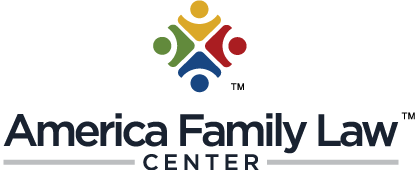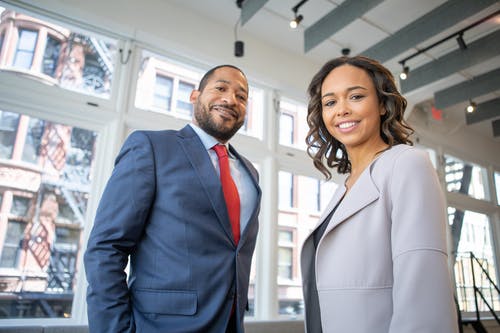Pro Bono Attorney | What does it mean?
First, let’s dispel a myth. Attorneys do not go to school or gets licensed in the practice of pro bono work. So although we commonly refer to them a pro bono attorney the more factual way of thinking is they are a licensed attorney that provides their legal service at no cost.
Who Provide Pro Bono Services?
Some are private practice attorneys that will take on a case where the client is not able to pay their fee. In most cases, the facts in the case must be compelling to warrant the attorney to want to take on the case without pay. Private practices attorney only spend about 37 hours a year doing pro bono work. Their private practice client has to provide enough income so that the attorney can time away from paying clients to take on the pro bono client.
Large law firms will often times encourage their attorneys to do some pro bono work as a community service project. Often times the attorneys are providing services in areas such as family law that is not their legal area of expertise. So although, this is a valuable resource and their efforts should not be diminished they often will take simpler cases. The law firm pays the lawyer’s salary while they are providing these legal services.
What About Legal Aid?
In addition, government-funded legal aid organizations provide pro bono legal assistance through employee staff attorneys. Fund limited the number of clients they can help. Experts say that 85% of all who qualify will not get assistance. Limited funding from state and federal dollars can only go so far in providing services. They must prioritize assistance putting at-risk cases to the top.
Finally, there are non-profit and non-government-funded legal aid organizations. These programs typically have staff attorneys. Their funding is the most diverse with a blending of co-pays, donations, and grants. They also may offer services in a non-traditional way such as limited scope to be able to assist more individuals in the most efficient way. America Family Law Center is one such program.
English | Español

can be contacted by
phone or text at 214-516-7700
Children need their parents








